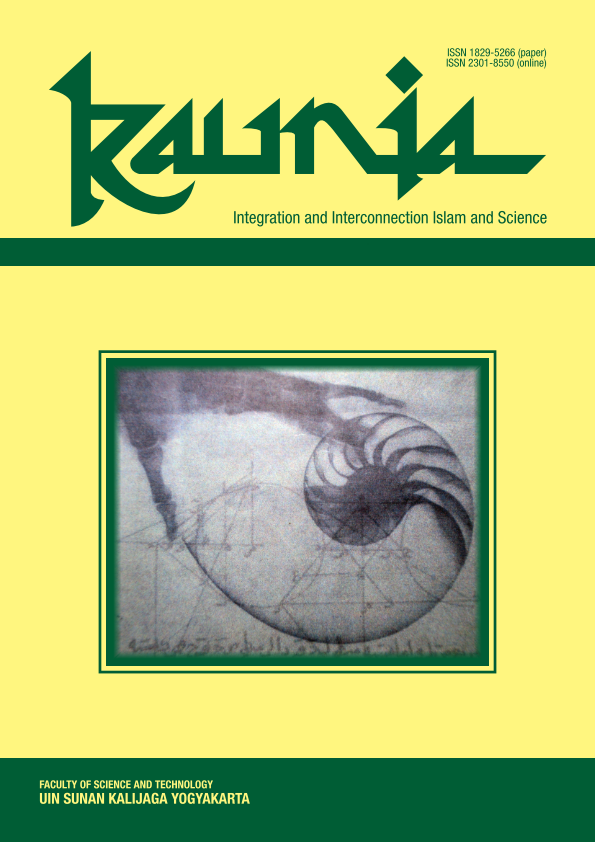Implementation of Character Education at Boarding School in Samarinda City (Case Study at Samarinda Forestry Vocational School)
DOI:
https://doi.org/10.14421/kaunia.1799Keywords:
Character Education, Dormitory, Forestry SchoolAbstract
Dormitory-based character education is a system of instilling character values to the school communities that encompasses the components of knowledge, awareness or desire, and action to implement those values. This study aims to find out school programs to improve character education at Samarinda State Forestry School, model of character-based education at Samarinda State Forestry School and character education impact for students at Samarinda State Forestry School. To obtain the results of this research, the research was conducted qualitatively with a qualitative descriptive approach. The methods used in this research are observation, documentation, and interview. The results show that there are 4 school programs in the framework of improving character education at Samarinda State Forestry School, namely Sharpening School Management Using Business Approach; Improving Learning Quality; Strengthening School relation with Industry and Related Institutions; as well as Increasing Entrepreneurial Focus. Character Education Model at Samarinda State Forestry School including character education development is done through routine learning activities, spontaneous activities, habits, and conditioning. For learning activities, character education is integrated into each school’s subject. The impact of character education for learners at Samarinda State Forestry School is to care for the nature of students and Character Education as a solution for the character development of students at Samarinda State Forestry.
References
Nasution, M.A. Metode Research, (Jakarta: Bumi Aksara, 2004), p. 37.
Undang-Undang No. 20 Tahun 2003, Tentang Sistem Pendidikan Nasional, (Yogayakarta: Media Wacana Press, 2003), p. 12.
Downloads
Published
Issue
Section
License
All articles published in Kaunia are licensed under a Creative Commons Attribution-NonCommercial-ShareAlike 4.0 International license, with the copyright to these articles held by the journal. Anyone is free to read, download, copy, distribute, print, search, link to full text articles, or transform an article, in any medium or format, provided they do so non-commercially, give appropriate credit to Kaunia, and distribute any derivative work under the same (or equivalent) terms.
By submitting to Kaunia, authors agree to both the terms of the CC BY-NC-SA license and the automatic transfer of the copyright to their article if it is accepted.









